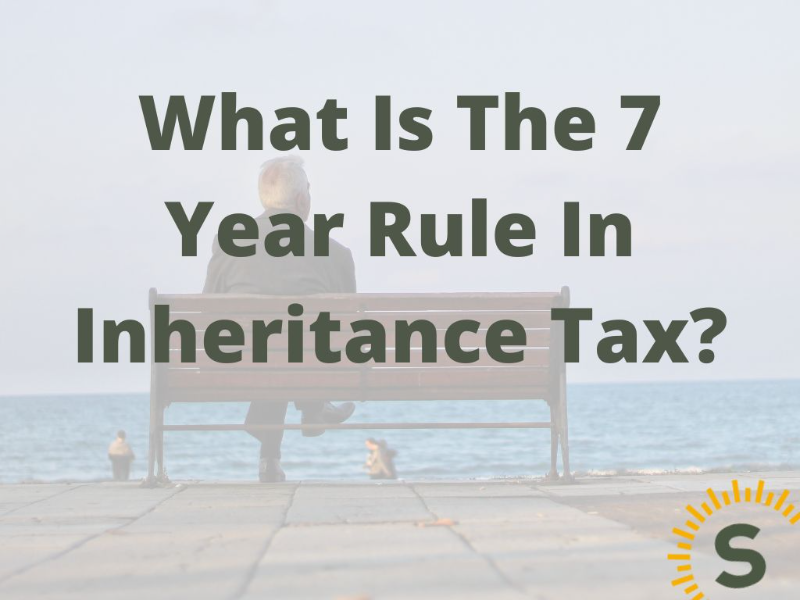
If you are responsible for administering an estate as an executor or administrator, you might be wondering if you can live in the property without paying rent.
In this article, we will address this question and provide you with clear and concise information.
As an executor, your role is crucial, and understanding your rights and responsibilities is vital. While living rent-free may seem appealing, there are legal considerations and potential conflicts of interest that need to be carefully considered.
We will explore the legal framework surrounding this issue, examine any limitations or exceptions, and offer expert advice on navigating this situation effectively.
So, if you want to understand the rules and regulations regarding executors living in estate properties, keep reading.
Before delving into whether an executor can live in an estate property rent-free, let's first understand the role of an executor.
An executor is an individual appointed by the deceased person to carry out responsibilities organised through estate planning services, usually named in their will, to carry out their final wishes, and manage their estate.
Their responsibilities include gathering and valuing assets, paying debts and inheritance taxes, to arrange probate services, distributing assets to beneficiaries, and handling any legal proceedings that may arise.
Living in an estate property as an executor raises legal considerations. The primary concern is the potential conflict of interest that arises from residing in a property that belongs to the estate you are responsible for.
As an executor, you must act impartially and make decisions in the best interests of the estate and its beneficiaries. Living rent-free can create a perception of bias, compromising your ability to fulfill your duties objectively.
Moreover, there may be legal restrictions or limitations that prevent an executor from living in an estate property rent-free.
These restrictions vary depending on the jurisdiction and circumstances of the estate. It is crucial to consult the relevant laws and regulations applicable to your situation to ensure compliance and avoid legal complications.
While there is no definitive answer to whether an executor can live in an estate property rent-free, it is generally advised to avoid doing so to maintain transparency and prevent conflicts of interest.
However, exceptional circumstances may arise where living in the property is necessary for effective estate administration.
In such cases, seeking legal advice and ensuring proper documentation and transparency are essential.
If living in the estate property is unavoidable, there are several factors to consider before making a decision:
Living rent-free in an estate property can lead to conflicts and challenges that need careful evaluation, such as:
If living in the estate property rent-free is not advisable or feasible, there are alternative options to consider:
Renting out the estate property can generate rental income for the estate and avoid conflicts of interest.
Depending on the circumstances, selling the property may be the most practical solution to prevent conflicts and provide beneficiaries with their share of the estate's value.
If proximity to the estate property is necessary for administrative purposes, consider finding temporary accommodation nearby to maintain objectivity and avoid conflicts.
Given the complexity and potential legal implications, it is highly recommended to seek legal advice before making any decisions regarding living in an estate property rent-free. An experienced estate lawyer can guide you based on the specific laws and regulations applicable to your jurisdiction and circumstances. They can help you navigate the legal framework, address potential conflicts of interest, and ensure compliance with the law.
To provide practical insights, let's explore a few case studies and examples of executor living arrangements:
Living temporarily in the estate property may be necessary if immediate attention, such as repairs or securing the property, is required. Documenting reasons and seeking beneficiary consent is crucial.
Open and transparent communication is essential to address scrutiny from beneficiaries. Regular updates and involving beneficiaries in decision-making can alleviate concerns.
Some executors choose to pay rent to the estate to maintain transparency and prevent conflicts of interest.
While there is no definitive answer to whether an executor can live in an estate property rent-free, it is crucial to approach this issue with careful consideration and adherence to legal requirements. Living in an estate property as an executor can create conflicts of interest and legal complications. Seeking legal advice, maintaining transparency with beneficiaries, and exploring alternative options like renting out or selling the property are advisable. By navigating this situation effectively, you can fulfill your role as an executor while ensuring the integrity of the estate administration process. Remember, prioritising the best interests of the estate and its beneficiaries should always be your top priority.

Stuart is an expert in Property, Money, Banking & Finance, having worked in retail and investment banking for 10+ years before founding Sunny Avenue. Stuart has spent his career studying finance. He holds qualifications in financial studies, mortgage advice & practice, banking operations, dealing & financial markets, derivatives, securities & investments.
 No minimum
No minimum  Newcastle-under-Lyme, Staffordshire
Newcastle-under-Lyme, Staffordshire Free Consultations
Free Consultations
 No minimum
No minimum  Kirkby Stephen, Cumbria
Kirkby Stephen, Cumbria Free Consultations
Free Consultations
 No minimum
No minimum  No obligation consultation
No obligation consultation
 £51,000+
£51,000+  Free Consultations
Free Consultations
 No minimum
No minimum  No obligation consultation
No obligation consultation
 £51,000+
£51,000+  Free Consultations
Free Consultations
 No minimum
No minimum  Free Consultations
Free Consultations
 £101,000+
£101,000+  Bishop's Stortford, Hertfordshire
Bishop's Stortford, Hertfordshire No obligation consultation
No obligation consultation
 No minimum
No minimum  No obligation consultation
No obligation consultation





Our website offers information about financial products such as investing, savings, equity release, mortgages, and insurance. None of the information on Sunny Avenue constitutes personal advice. Sunny Avenue does not offer any of these services directly and we only act as a directory service to connect you to the experts. If you require further information to proceed you will need to request advice, for example from the financial advisers listed. If you decide to invest, read the important investment notes provided first, decide how to proceed on your own basis, and remember that investments can go up and down in value, so you could get back less than you put in.
Think carefully before securing debts against your home. A mortgage is a loan secured on your home, which you could lose if you do not keep up your mortgage payments. Check that any mortgage will meet your needs if you want to move or sell your home or you want your family to inherit it. If you are in any doubt, seek independent advice.